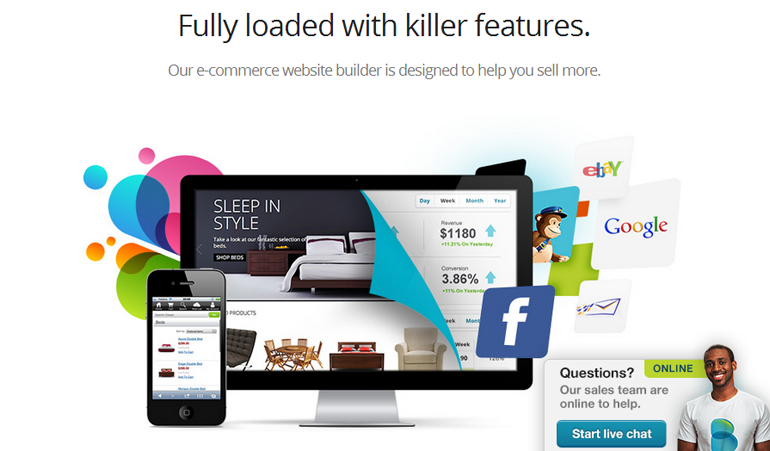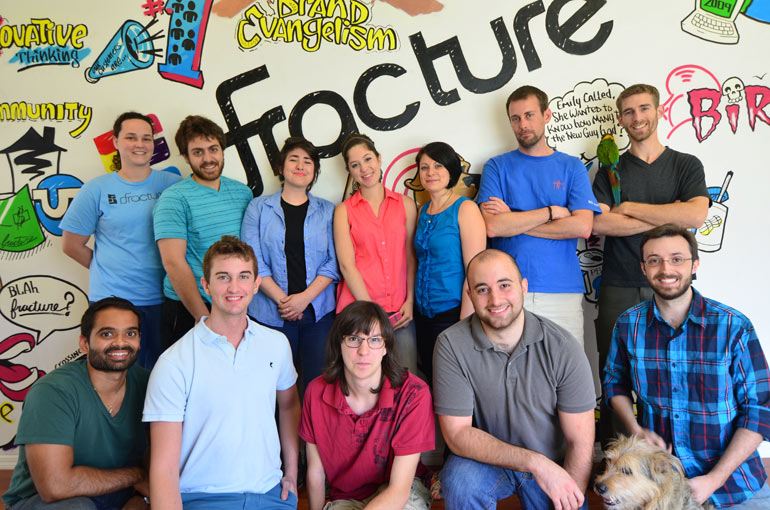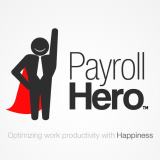By now we all know about the movie MoneyBall that chronicled the way an economist set forth a new analytical approach to scouting vs the gut instinct of decades past. Being Memphis-based we’re seeing that all with our own Grizzlies, who’ve gone the analytical route. Although the naysayers in Memphis doubted this method last February when our star was traded to the Raptors, the team finished with the best record in franchise history. Does that method work, absolutely.
Now what if you could take that analytical approach and use it with almost any data point in customer analytics?
“We built the first cloud-based platform that collects and integrates digital and offline data to create the most comprehensive view of your customer,” James McDermott, CEO of Lytics said in a statement. “Effective marketing is built on organizations’ truly understanding their consumers – from their engagement across digital channels to previous purchases, and we deliver the most definitive and actionable customer record marketers have ever had access to.”
Using the Lytics tools, users can dive deeper into the view of their own customers, rather than taking a tiny sample of data and moving forward with a marketing campaign, direct mail, or engagement on a hunch.
Lytics collects, analyzes, and consolidates data from web, mobile, email, social, or any integrated system such as ExactTarget, SalesForce, Eloqua, SendGrid, Urban Airship, Push.io. The result is a powerful solution that enables marketers to segment data from any source, create targeted audiences and trigger highly relevant interactions with consumers in real time.
“Connecting our key platforms to derive customer insights from SalesForce, Eloqua and Netsuite is an inefficient and cumbersome process,” Jascha Kaykas Wolff, CMO of Mindjet said in a release. “With Lytics, we can finally create a customer gold record that you don’t need a PHD to understand. Lytics gives our global marketing organization meaningful intelligence about our customers and makes it even easier to orchestrate a great experience, with our current marketing tools.”
This powerful and intelligent data form was enough to garner a $2.2 million dollar seed round lead by Rembrandt Venture Partners. Voyager Capital also participated in the round.
“The shift in technology purchasing from CIOs to CMOs has created an immediate need for a new kind of digital CRM to transform customer data into a meaningful timeline that marketers can use to manage a lifecycle,” said Scott Irwin, Rembrandt Venture Partners in a statement. “Lytics has a stellar team and their new data platform is solving a big problem. We’re excited to invest and accelerate their innovation to build a solution that is helping brands strengthen customer relationships.”
One of the top cable providers and two major retailers are currently in a private beta with Lytics. The company plans to use the funding to hire staff, accelerate development, support, and grow customers.
You can find out more about Lytics here at lytics.io





















